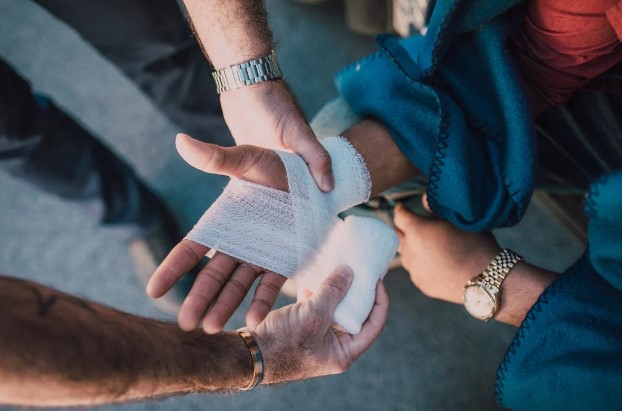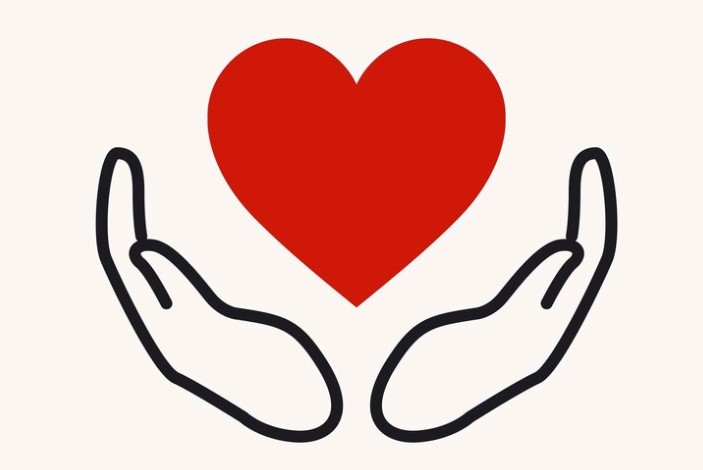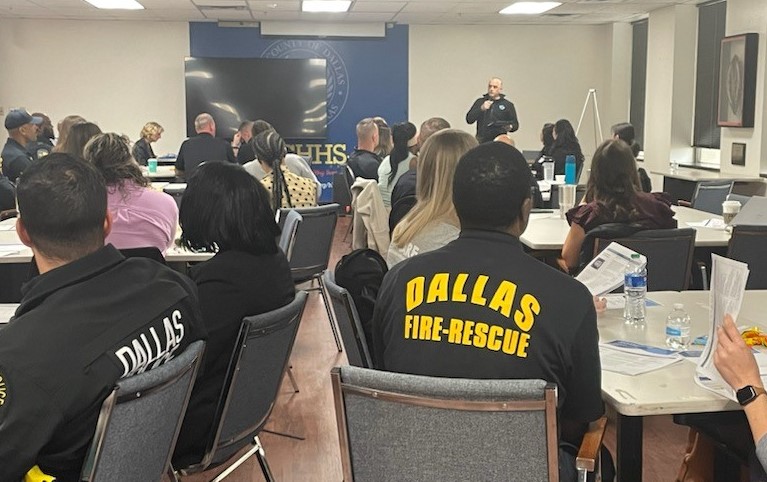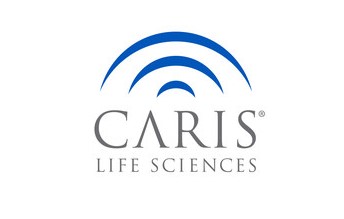In Atlanta, workplace injuries can disrupt livelihoods and cause significant physical, emotional, and financial strain. Whether it's a construction accident, a slip and fall mishap, or repetitive strain injuries, understanding your rights as an injured worker is crucial.
Securing proper compensation and support requires navigating through a maze of legalities and procedures.
In this guide, we aim to empower Atlanta workers by providing actionable steps to safeguard their rights after experiencing a workplace injury. From reporting the incident to accessing medical care and seeking legal assistance, every stage of the process demands attention and diligence.

The Atlanta's Workers' Compensation Appeals Process
According to FindLaw, workers' compensation insurance typically covers workplace injuries, providing financial assistance to affected employees for lost wages, medical expenses, and related costs. The insurance company overseeing these benefits evaluates claims and may deny them in some cases. Denials can occur due to various factors such as insufficient evidence or disputes over the cause of the injury.
When an Atlanta worker's compensation claim is denied, understanding the appeals process becomes crucial. The appeals process typically involves several stages.
This starts with an initial request for reconsideration and leads to a hearing before an administrative law judge. Each stage has specific deadlines and requirements that injured workers must adhere to. Engaging the assistance of a personal injury lawyer in Atlanta can prove advantageous.
Such legal representation offers invaluable guidance, aiding in the navigation of procedural complexities and effective advocacy for the injured worker's rights.
Additionally, Atlanta Personal Injury Law Firm notes that a local attorney offers accessibility for in-person meetings. This ensures clear communication and personalized attention throughout the legal proceedings. By choosing a local lawyer, injured workers can benefit from a tailored approach to their case. This can increase their chances of a favorable outcome in the appeals process.
Accessing Rehabilitation Resources in Atlanta
The city boasts a range of rehabilitation resources tailored to assist injured workers in their recovery journey. From vocational rehabilitation programs aimed at enhancing employability to physical therapy services focused on restoring mobility, injured workers have access to comprehensive support.
According to Psychology Today, vocational rehabilitation progresses through eligibility determination, vocational needs evaluation, and planning. This is followed by plan implementation and service completion, which ends with job placement. These phases ensure comprehensive support for individuals seeking to re-enter the workforce after injury or illness.
Understanding how to access these resources can facilitate a smoother transition back to work or alternative employment opportunities. Additionally, some rehabilitation programs in the city offer job placement assistance, helping injured workers reintegrate into the workforce successfully.
Utilizing Atlanta's Worker Protection Laws
In addition to workers' compensation benefits, Atlanta workers are protected by a set of local laws designed to safeguard their rights. These laws encompass various aspects of workplace safety, anti-discrimination measures, and protections against retaliation.
For instance, The Atlanta Journal-Constitution notes that Atlanta's Fair Employment Practices Ordinance prohibits discrimination based on factors such as race, gender, and disability. This ensures equal treatment for all workers. Understanding these laws and how they intersect with workers' compensation can empower injured workers to assert their rights and seek appropriate recourse.
Engaging with Atlanta's Occupational Health Clinics
Atlanta's occupational health clinics provide specialized care for workers suffering from job-related injuries and illnesses. These clinics are staffed by healthcare professionals with expertise in occupational medicine. They offer services such as injury evaluations, diagnostic testing, and treatment plans tailored to the needs of injured workers.
By accessing these clinics, injured workers can receive comprehensive care aimed at promoting recovery and facilitating their return to work. Moreover, many of these clinics collaborate with employers to implement preventive measures, fostering safer work environments.
Leveraging Atlanta's Community Support Networks
Following a workplace injury, injured workers in Atlanta can turn to the city's robust community support networks for assistance and resources. Nonprofit organizations, such as local charities may offer financial aid to help alleviate the financial burden caused by medical expenses and lost wages.
Support groups and peer networks provide a valuable source of emotional support and guidance, connecting injured workers with others who have experienced similar challenges. This fosters a sense of solidarity within the community. Furthermore, these networks often organize educational workshops and legal clinics to empower injured workers with knowledge about their rights and available resources.
Understanding Atlanta's Statute of Limitations
In Atlanta, workers must be mindful of the statute of limitations governing workplace injury claims. The statute of limitations sets a deadline within which injured workers must file their claims. This deadline typically ranges from one to two years from the date of the injury or the date of discovery of the injury.
Failing to file a claim within this timeframe may result in the loss of eligibility for workers' compensation benefits. Understanding and adhering to the city’s statute of limitations is crucial for ensuring that injured workers can pursue their claims in a timely manner.
Advocating for Workplace Safety Reform in Atlanta
In the aftermath of a workplace injury, injured workers and advocacy groups in Atlanta can play a vital role in advocating for workplace safety. By sharing their experiences and raising awareness of unsafe working conditions, they can galvanize support for legislative changes aimed at preventing future injuries.
Engaging with local policymakers, participating in advocacy campaigns, and supporting initiatives that promote workplace safety can contribute to building a safer work environment. Additionally, collaborating with local businesses and industry associations can foster partnerships to implement best practices and safety standards.
FAQs
How does workers’ compensation work in Georgia?
In Georgia, workers' compensation provides benefits to employees who suffer work-related injuries or illnesses. Employers with three or more employees are required to carry coverage. Benefits can include medical expenses, wage replacement, vocational rehabilitation, and death benefits for dependents.
How to file a workers’ comp claim?
To file a workers' comp claim, report the injury to your employer immediately. Complete the necessary forms provided by your employer or state's workers' comp board. Seek medical treatment and keep records. Follow up with your employer and the insurance company as needed.
How long does a workers' comp settlement take in Georgia?
The duration of a workers' comp settlement in Georgia varies depending on factors like the complexity of the case, negotiations, and legal procedures. It typically takes several months to a year or longer to reach a settlement.
In conclusion, Atlanta workers facing workplace injuries are met with a complex landscape of legalities, support systems, and avenues for recourse. By understanding and utilizing resources such as rehabilitation programs, legal protections, and community networks, injured workers can navigate challenges with greater resilience.
Moreover, advocating for workplace safety reform not only benefits individual cases but also contributes to broader systemic improvements.
Ultimately, the journey toward securing rights and compensation after a workplace injury in Atlanta underscores the importance of empowerment and solidarity. It also emphasizes the ongoing efforts to foster safer, more equitable work environments for all.



